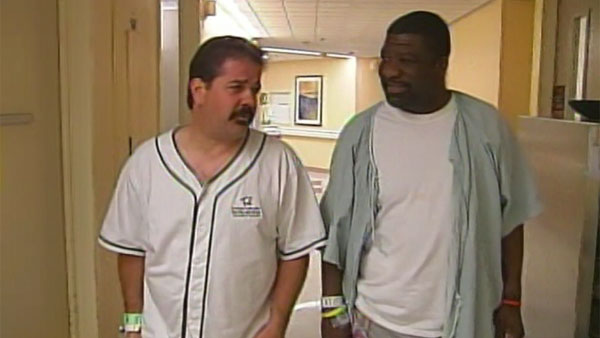It is well known that kidney disease affects people from some backgrounds more than others. And a recent report has now identified key genes which show a susceptibility to the kidney disease Immunoglobulin A Nephropathy (sometimes shortened IgAN). The article is currently available in the advanced on line issue of Nature Genetics, but will eventually appear in the next print edition of this respected scientific journal.
IgAN is a kidney disease where Immunoglobulin A gets deposited in the glomeruli, leading to glomerulonephritis, leading to kidney damage, and is the commonest cause of renal failure among Asian people. Up to 40% of sufferers require dialysis or transplants. The genetic trends can be spotted by the distribution of the disease - in Asian populations it can be as high as 3.7%, while amongst Caucasians it is 1.3% but among African groups it is quite rare.
A team of 25 medics and scientists from Singapore and China, working at 14 hospitals and research centers studied literally thousands of individuals of Han Chinese origins, and identified variants of genes which occurred in patients with IgAN. This research can help provide new insights on the pathways involved in the cause of the disease, and by identifying susceptible individuals provide opportunities to prevent them developing serious kidney damage.
This is not the first study to suggest there is a genetic link causing IgAN. Earlier work from 2003 by a large group of Japanese medics and scientists examined several hundred Japanese patients, and found faults in one of the genes in many cases. They suggested the approximate location of a gene which resulted in IgAN in Japanese patients.


